Gaza crisis, Palestinian statehood to dominate UN General Assembly debate
AFP
AMMAN — The escalating humanitarian crisis in Gaza is expected to overshadow other global issues at the United Nations General Assembly (UNGA) this week, where more than 140 world leaders will address the 80th session amid mounting calls for a Palestinian state.
His Majesty King Abdullah arrived in New York on Sunday for a working visit during which he will deliver Jordan’s speech at the Assembly’s opening session on Tuesday and hold a series of bilateral meetings with heads of state and international officials.
The King is expected to renew Jordan’s calls for an immediate ceasefire in Gaza, the delivery of unhindered humanitarian assistance and a credible political horizon that leads to the establishment of an independent Palestinian state.
The war in Gaza, now entering its second year, has devastated the territory following Israel’s campaign launched in response to the October 7, 2023 attack.
United Nations agencies warn of famine, mass displacement and the destruction of critical infrastructure, describing the situation as one of the worst humanitarian crises in recent decades.
Several countries are expected to announce recognition of the State of Palestine during the high-level sessions, in line with joint Arab and European efforts to revive the two-state solution.
Observers said such recognitions, while largely symbolic, could add to diplomatic pressure on Israel.
Israeli prime minister Benjamin Netanyahu, who strongly opposes the establishment of a Palestinian state, is scheduled to address the Assembly later this week. Analysts warn that further escalation is possible as Tel Aviv pushes back against international recognition efforts.
The United States, Israel’s closest ally, has also rejected recognition initiatives and had earlier warned it would block the Palestinian delegation’s participation.
Jordanian officials have intensified their discourse on the international stage.
Addressing the UN Security Council’s emergency session on the Israeli strike against Qatar, Deputy Prime Minister and Minister of Foreign Affairs Ayman Safadi said: “A rogue government, stained with the blood of innocents, driven by extremism and hatred, disregarding international law and threatening peace and security in the region and the world.”
Geopolitics expert Amer Sabaileh said, “I do not believe the Israeli government will use this issue as an excuse for the official announcement of annexation. On the ground, they have already taken major steps. The question will always be: Where is the state, especially as Israeli annexation changes the geography?”
Other analysts, underlined Jordan’s active role in shaping the inetrnational debate and keeping the Palastinian issue at the forefront of global diplomacy.
Jordan has played “an influential and courageous role” during two years of war on Gaza, breaking the siege, delivering aid, and mobilising European partners to pressure for a ceasefire and humanitarian access, writer and political analyst Thamer Anaswah said .
He added that Jordan’s diplomacy at the UN has been “active and effective,” stressing that regional stability cannot be achieved without confronting Israeli violations of international law.
“Jordan has historically worked to stop humanitarian catastrophes in Gaza and the West Bank, and King Abdullah’s consistent warnings have helped push several European countries toward full recognition of a Palestinian state,” he said.
As world leaders debate the future of Palestine in New York, Jordan continues to position itself as a central voice, balancing humanitarian urgency with political clarity and pressing for a just solution that secures regional stability, he said.
Latest News
-
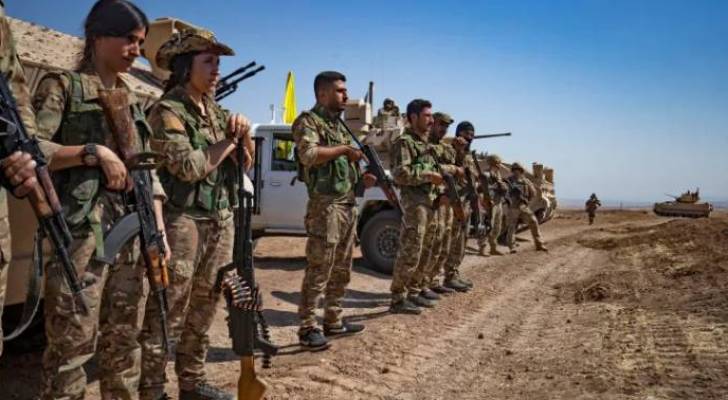 Syrian defense minister announces "comprehensive ceasefire" with Kurds
Syrian defense minister announces "comprehensive ceasefire" with Kurds
-
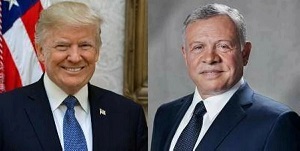 King holds phone call with US president
King holds phone call with US president
-
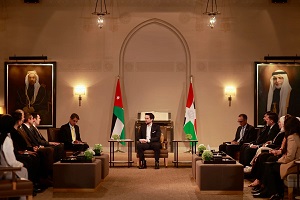 Crown Prince meets winners of Al Hussein Award for voluntary service
Crown Prince meets winners of Al Hussein Award for voluntary service
-
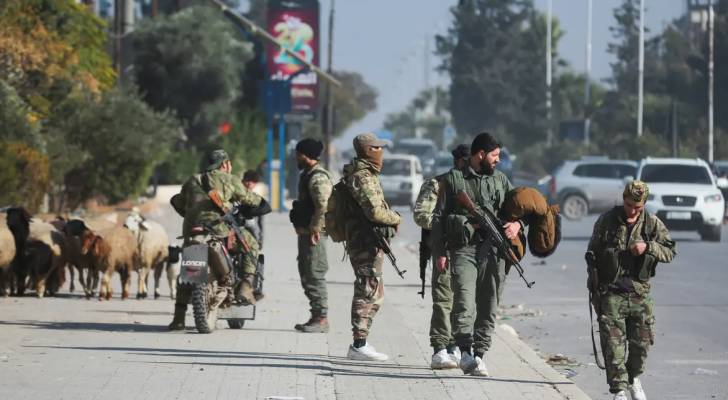 Clashes erupt in Aleppo between Syrian army and SDF, dozens displaced
Clashes erupt in Aleppo between Syrian army and SDF, dozens displaced
-
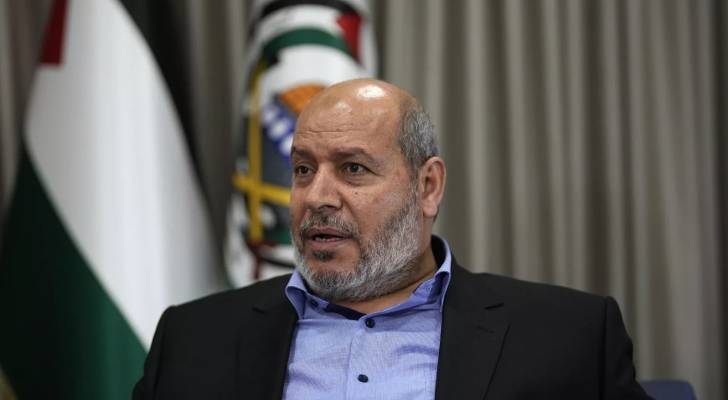 First round of Gaza talks concludes in ‘positive atmosphere': Egyptian media reports
First round of Gaza talks concludes in ‘positive atmosphere': Egyptian media reports